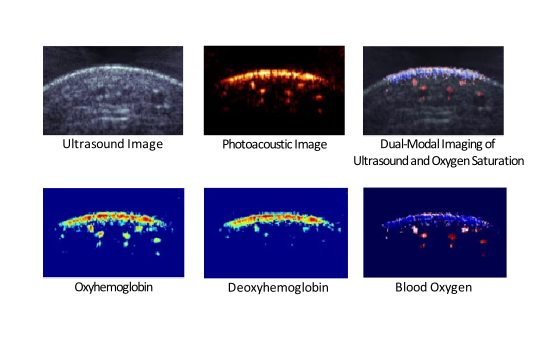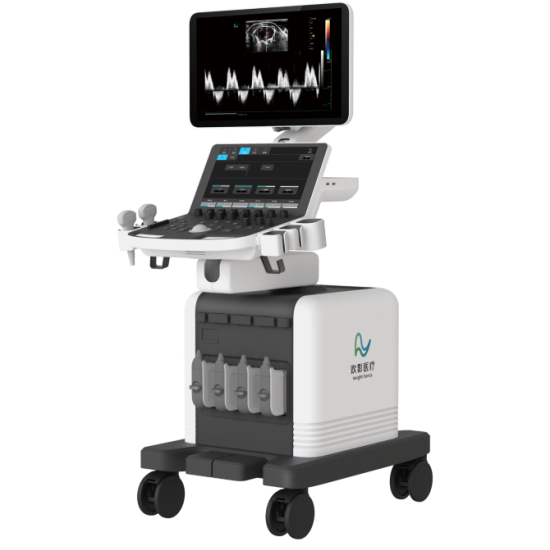Sonorover PA
Photoacoustic System for Multi-functional Imaging
Sonorover PA Series employs photoacoustic-ultrasound dual-modality imaging technology, combining high-resolution structural imaging from high-frequency ultrasound with blood oxygen molecular detection capability of photoacoustic technology to provide high-precision, multi-dimensional in vivo imaging solutions for small animal research.
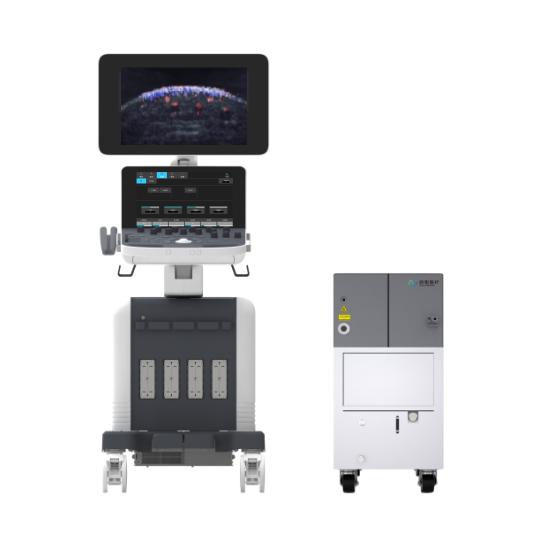
Sonorover PA
Photoacoustic System for Multi-functional Imaging
Sonorover PA Series employs photoacoustic-ultrasound dual-modality imaging technology, combining high-resolution structural imaging from high-frequency ultrasound with blood oxygen molecular detection capability of photoacoustic technology to provide high-precision, multi-dimensional in vivo imaging solutions for small animal research.
-
·Dual-Modality Imaging
The photoacoustic-ultrasound system provides high-contrast images of blood oxygen and vessels along with high-resolution structural images, offering detailed data for tumor and brain research.
·High-Sensitivity Imaging
Combines clear optical contrast with deep ultrasound imaging for long-term monitoring of tumors and brain research in small animals.
·Multi-Scale Observation
The system offers imaging at different scales, allowing monitoring of blood oxygen metabolism and full organ structure scans to support various research needs.
·High-Speed Capture
High temporal resolution allows real-time tracking of blood flow and oxygen changes for heart and drug delivery research.
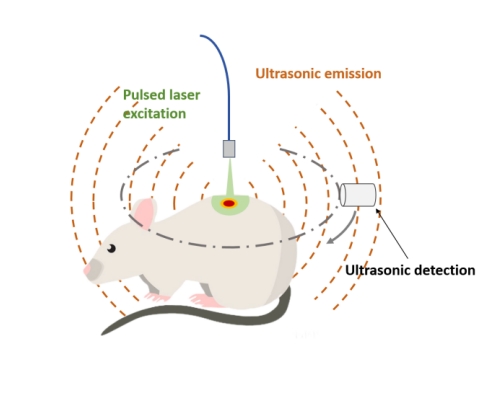
-

Oncology
Early Tumor Screening
Tumor Treatment Monitoring
Targeted Drug Evaluation -

Neuroscience
Neurofunctional Imaging
Brain Injury Repair
Epileptic Seizure Monitoring -

Cardiovascular
Atherosclerosis Studies
Heart Disease Model Monitoring
Microvascular Function Assessment -
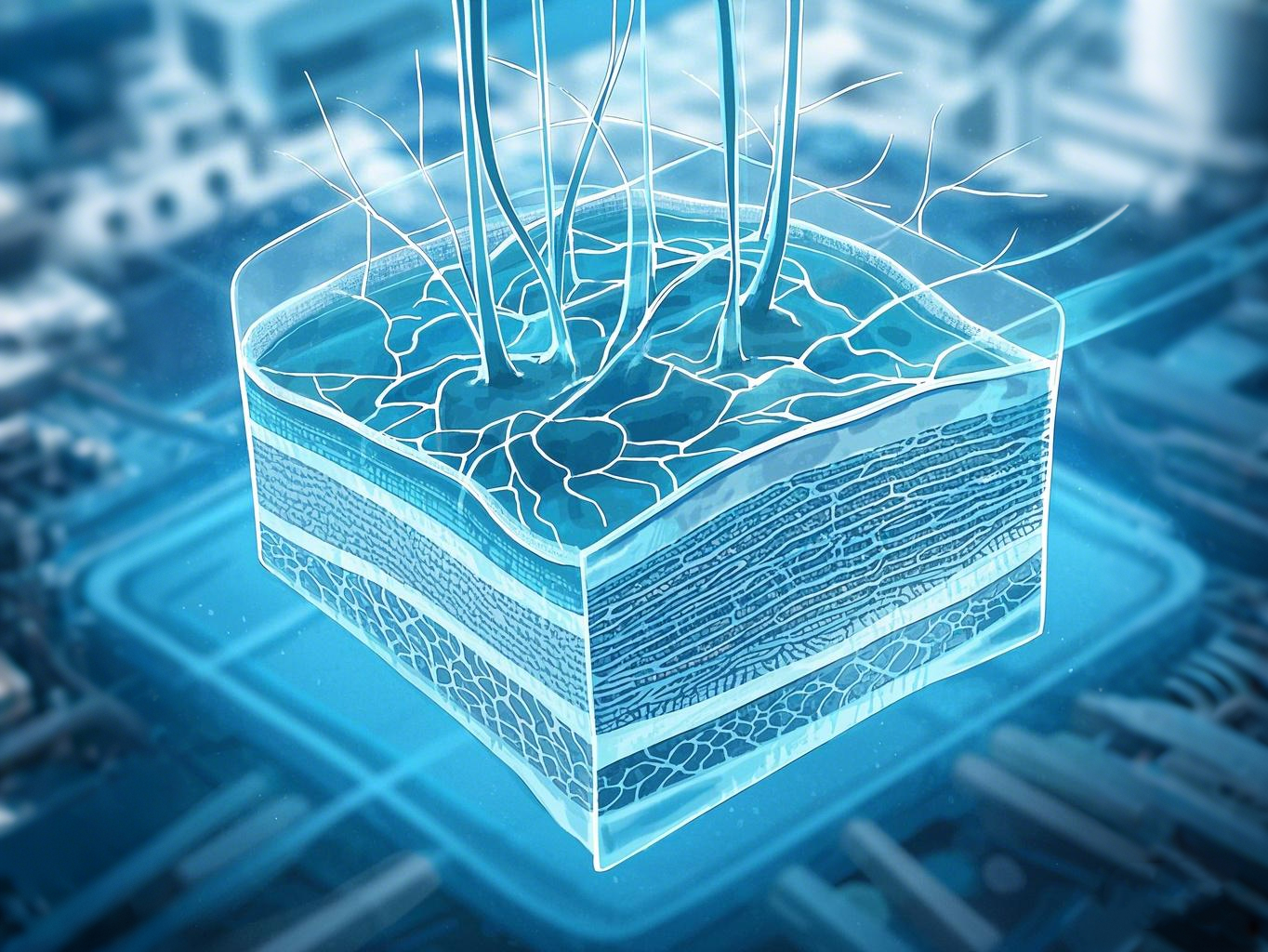
Dermatology
Skin Tumor Monitoring
Wound Repair Observation
Dermatosis Research
-
Combines functional imaging via laser-induced ultrasound signals with structural imaging via high-frequency ultrasound echoes. The photoacoustic module supports real-time imaging up to 50 fps, precisely capturing hemodynamic processes and enabling accurate correlation of functional and structural information.
